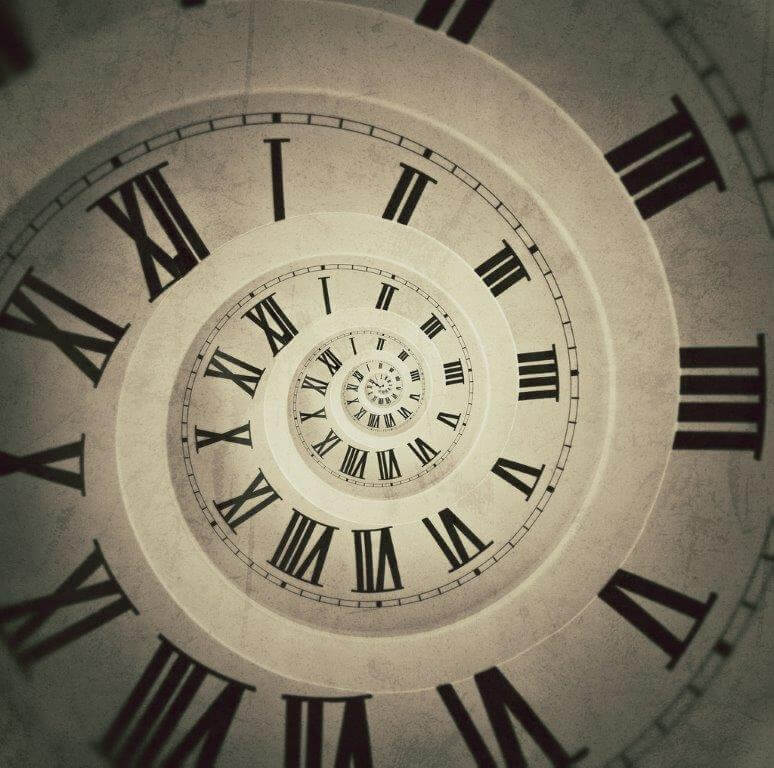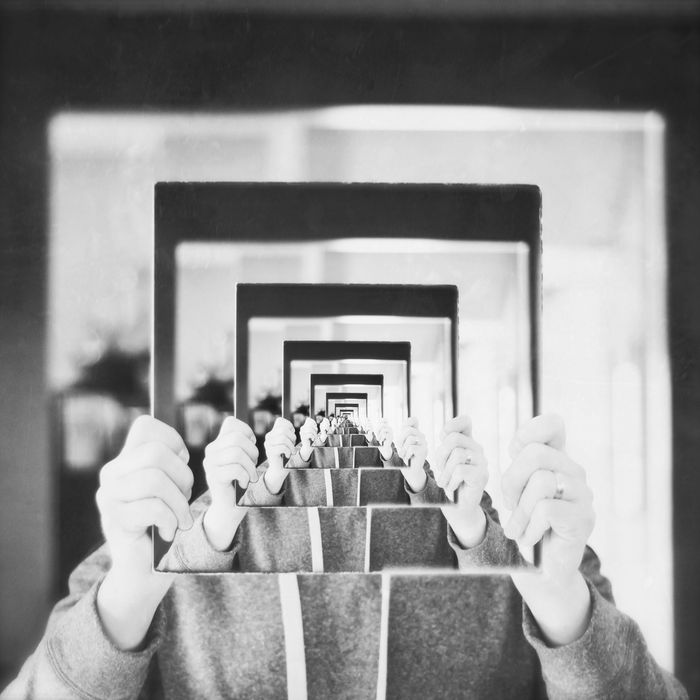


This theory also states that certain memories from our past surroundings sometimes “leak out” into short-term recollections, therefore tricking our brains into experiencing deja vu.Īnother conjecture cites deja vu as a temporary hindrance of long-term memories. Other professionals who have studied deja vu assert that a glitch between short term and long-term memories may be the cause of feeling as though a present event has been experienced in the past. However, some parapsychologists and spiritualists view the phenomenon as a symptom of recalling happenings from past lives. Some psychoanalysts have chalked it up to wishful thinking, while others believe that deja vu is simply caused by the brain mistaking current events for events that occurred in past times. The many hypotheses behind what truly causes deja vu are enthralling, to say the least. Theories and Speculations Regarding Deja Vu Due to the rapid and sporadic occurrences of deja vu, scientific analyses are challenging, hence the plethora of theories. Deja vu occurs on an irregular basis and persons between the ages of 15 and 25 years old are most likely to experience it. “Deja Vu” is a French phrase which translates to “already seen.” According to Psychology Today, roughly 60% to 70% of people have or will experience feelings of deja vu at one point or another. Understanding the probable underlying causes of deja vu is importantbefore one can understand potential causes, they must first have a clear and extensive comprehension of exactly what deja vu is and all that it entails. Countless questions regarding the reasons and psychology behind deja vu have surfaced, as have theories regarding past lives and even parallel universes. Deja Vu is defined by Wikipedia as “the feeling that the situation currently being experienced has already been experienced in the past.” This phenomenon has intrigued many people.


 0 kommentar(er)
0 kommentar(er)
